U.S.-Japan Trade Tensions Escalate, Economy at Risk
- The U.S. has imposed a 24% tariff on Japanese products, causing global financial concern.
- Japanese Prime Minister Shigeru Ishiba expressed serious concern over the tariffs, proposing broader cooperation instead.
- The tariffs have caused Japanese stocks to tumble, but hopes for progress in talks led to a rebound in Japan’s Nikkei stock index.
- In response, the Japanese government is setting up consultation centers to measure the impact on businesses and monitor financial markets.
The recent imposition of a 24 percent reciprocal tariff on Japanese products by U.S. President Donald Trump has sent shockwaves through the global financial markets. This move, coupled with an existing 25 percent tariff on U.S.-bound Japanese cars, threatens to deal a significant blow to Japan’s export-reliant economy. Japanese Prime Minister Shigeru Ishiba, in a telephone conversation with Trump, expressed Japan’s serious concern over the unilateral imposition of tariffs. He emphasized that such a move would adversely affect investments by Japanese firms. Instead, he proposed that the two nations should pursue broader, mutually beneficial cooperation rather than resorting to tariffs.
Trump’s Tariff Salvo and Japan’s Response
Despite failing to secure a tariff exemption during the call, the two leaders agreed that the issue should be further discussed by their ministers. Trump, on his social media, stated that Japan will send a top team to negotiate over the issue. He justified his tariff salvo by stating that the United States has been treated very poorly on trade. Ishiba, viewing the situation as a national crisis, vowed to do whatever his government can to protect the economy, including continuing to urge Trump to rethink the measures. He proposed exploring broader cooperation that can benefit both nations, including more investment rather than unilateral tariffs.
The telephone conversation between the two leaders came just days after Ishiba expressed his intention to seek a call before considering in-person negotiations with Trump. He argued that Japan, a close U.S. ally, should be exempt from tariffs. The two leaders agreed to continue talking in a candid and constructive manner. In parliament, Ishiba ruled out the path of a retaliatory tariff, stating that Japan won’t engage in tit-for-tat. Instead, he suggested that Japan should make clear to Trump that it has contributed to the U.S. economy by creating jobs and making investments, and has not done anything unfair.
Impact on Global Markets and Japan’s Countermeasures
The recent tariff announcements have sent Japanese stocks tumbling and lifted the Japanese yen against the U.S. dollar. In response to the market turmoil, Japan’s Nikkei stock index rebounded with its fourth-largest point gain in history, soaring 6 percent. This was amid hopes for progress in talks between Japan and the United States over U.S. tariffs. The U.S. dollar mostly hovered around the mid-147 yen zone in Tokyo, as traders lacked incentives to further buy the U.S. currency with no actual shift seen by the Trump administration over its aggressive tariff policies.
The global stock market rout seems to have left Trump unfazed. He stated, I don’t want anything to go down, but sometimes you have to take medicine to fix something. Since returning to the White House in January, Trump has introduced various duties, including an additional 25 percent tariff on cars produced outside the United States and 25 percent levies on all steel and aluminum imports. The Japanese government, in response to the tariff onslaught, has decided to set up around 1,000 consultation centers to measure the fallout on businesses and ensure that struggling small and midsize firms can meet their funding needs. Ishiba has instructed Finance Minister Katsunobu Kato to closely monitor financial markets and respond appropriately.
The recent imposition of tariffs by the U.S. on Japanese products has sparked serious concerns and has led to a series of discussions between the leaders of the two nations. The impact of these tariffs on the global economy and financial markets is yet to be fully realized. However, it is clear that the move has brought about significant uncertainty and volatility in the markets, affecting not just Japan but also other trading partners of the U.S. The Japanese government’s response, including setting up consultation centers and monitoring financial markets, reflects its commitment to mitigating the impact of these tariffs on its economy.
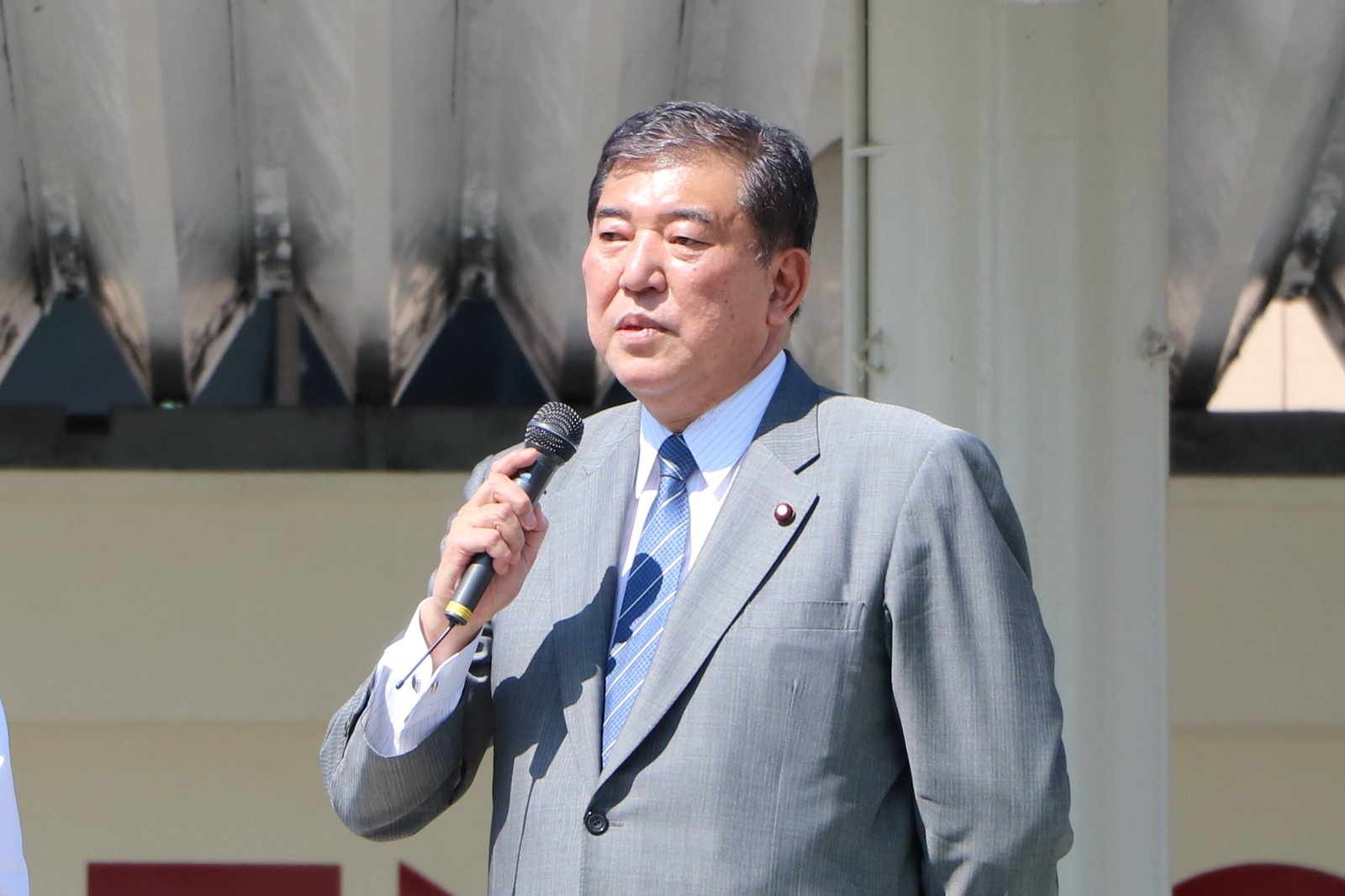

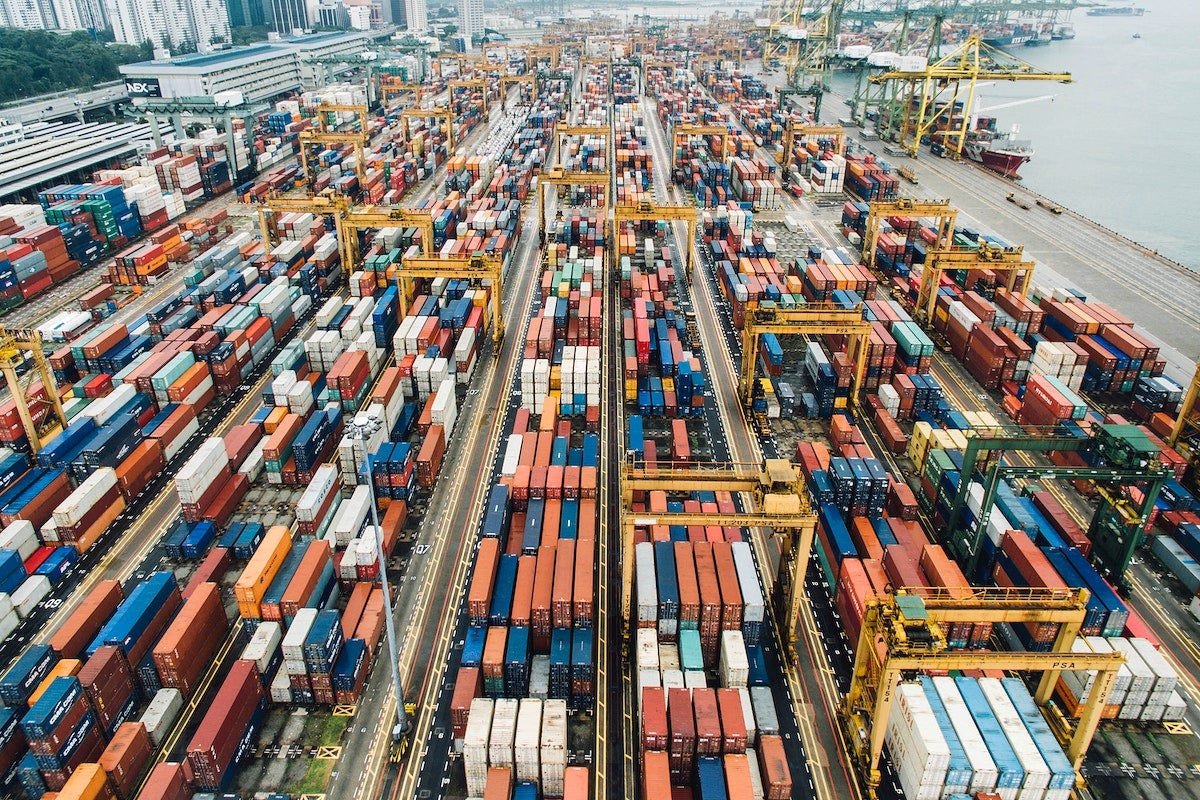
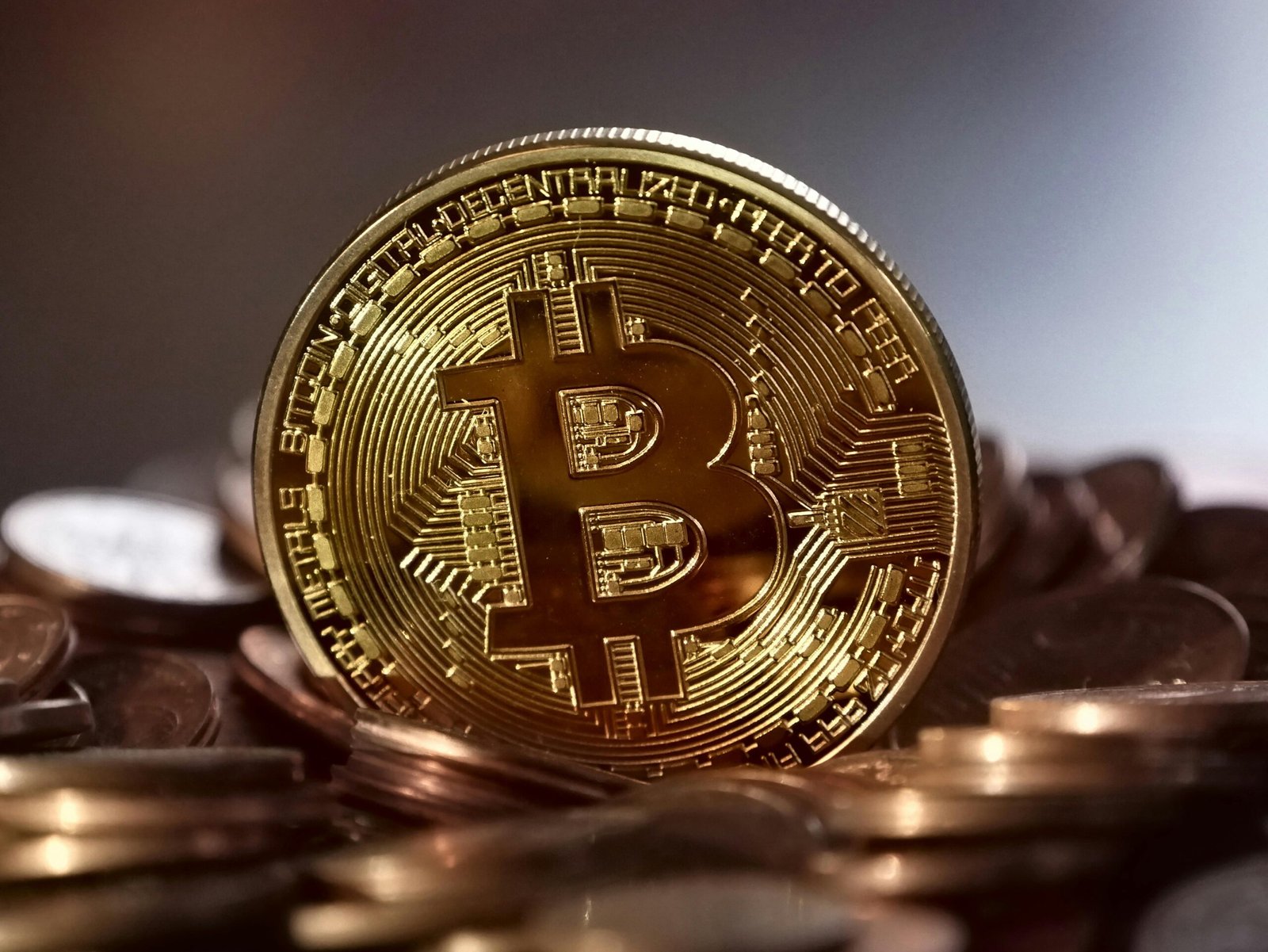






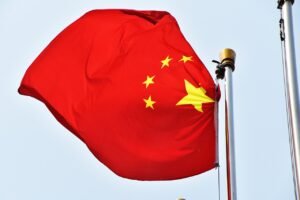

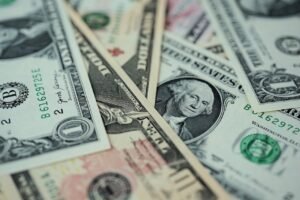

Post Comment